
views
Preparing for Bed
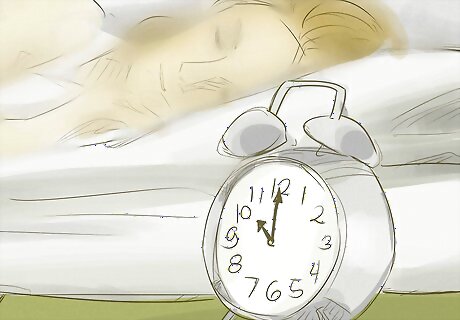
Create a regular bedtime routine. If you go to bed around 9 pm, aim to stick to that schedule even on weekends, until it becomes a habit.

Don't drink liquor or caffeine approximately one hour before you go to bed. Caffeine in any drink will keep you awake and unable to sleep. In fact, a lot of people have a rule to stop consuming caffeine many hours before bedtime, such as no more after 6 PM or even lunchtime.
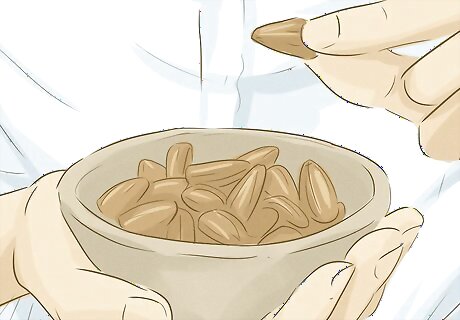
Eat foods high in magnesium, such as halibut, almonds, cashews, and spinach. Get your regular intake of foods that are high in Vitamin B complex, such as leafy green vegetables, nuts, and legumes.

Exercise regularly. It improves your sleep quality. Get outside and catch some natural light. The body’s exposure to daytime light elevates healthy melatonin balance, which can help you get to sleep at night.

Take a hot bath before bedtime. It relaxes your body and slows down your metabolic activity.
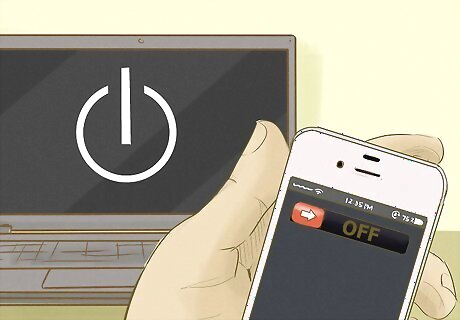
Turn off the television and don’t read books before bedtime. Doing so keeps your brain awake and working.

Ensure that your bedroom environment is pleasant. For example: Turn the lights out, this might help you drift off to sleep since it will just be black. Close the curtains. Outside light can keep you awake. Ensure that the room is neither too warm nor too cold. Add or remove bed covers to improve the temperature when in bed.
Clearing Your Mind

Reduce stress levels. If you have had a bad day at work or at school, or have a lot to think about, do your best to just clear your mind.

Keep a notebook. If you have things that you need to remember, just write these down on the notebook. This will relieve you of having to think of it.
Trying to Fall Asleep
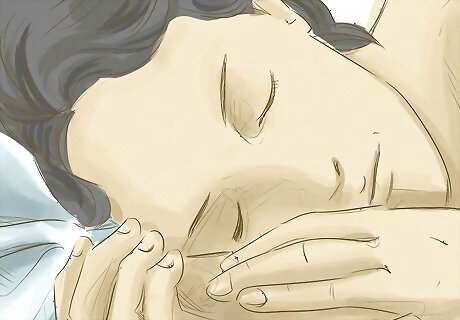
Close your eyes. If you close your eyes, you are at least resting even if you're not yet sleeping. Keep them closed and imagine yourself somewhere where nothing troubles you.

Take deep breaths. Every time you breath, try to count three seconds to breathe in and three seconds to breathe out.


















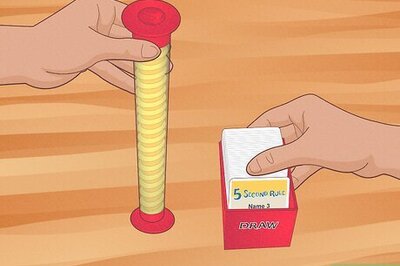
Comments
0 comment